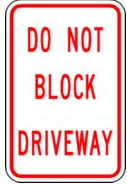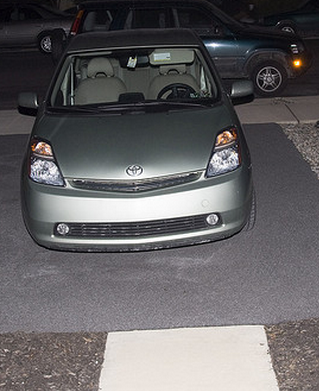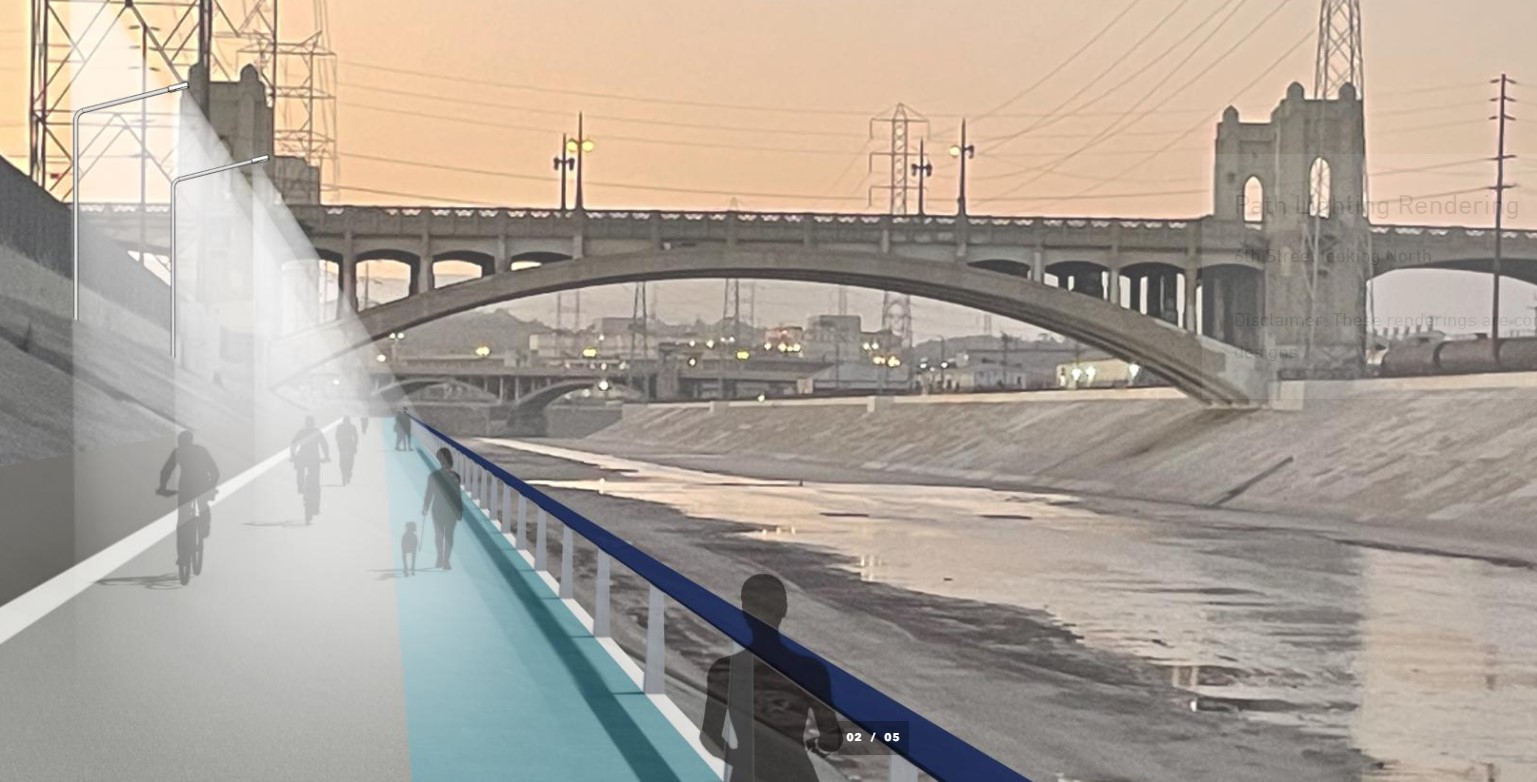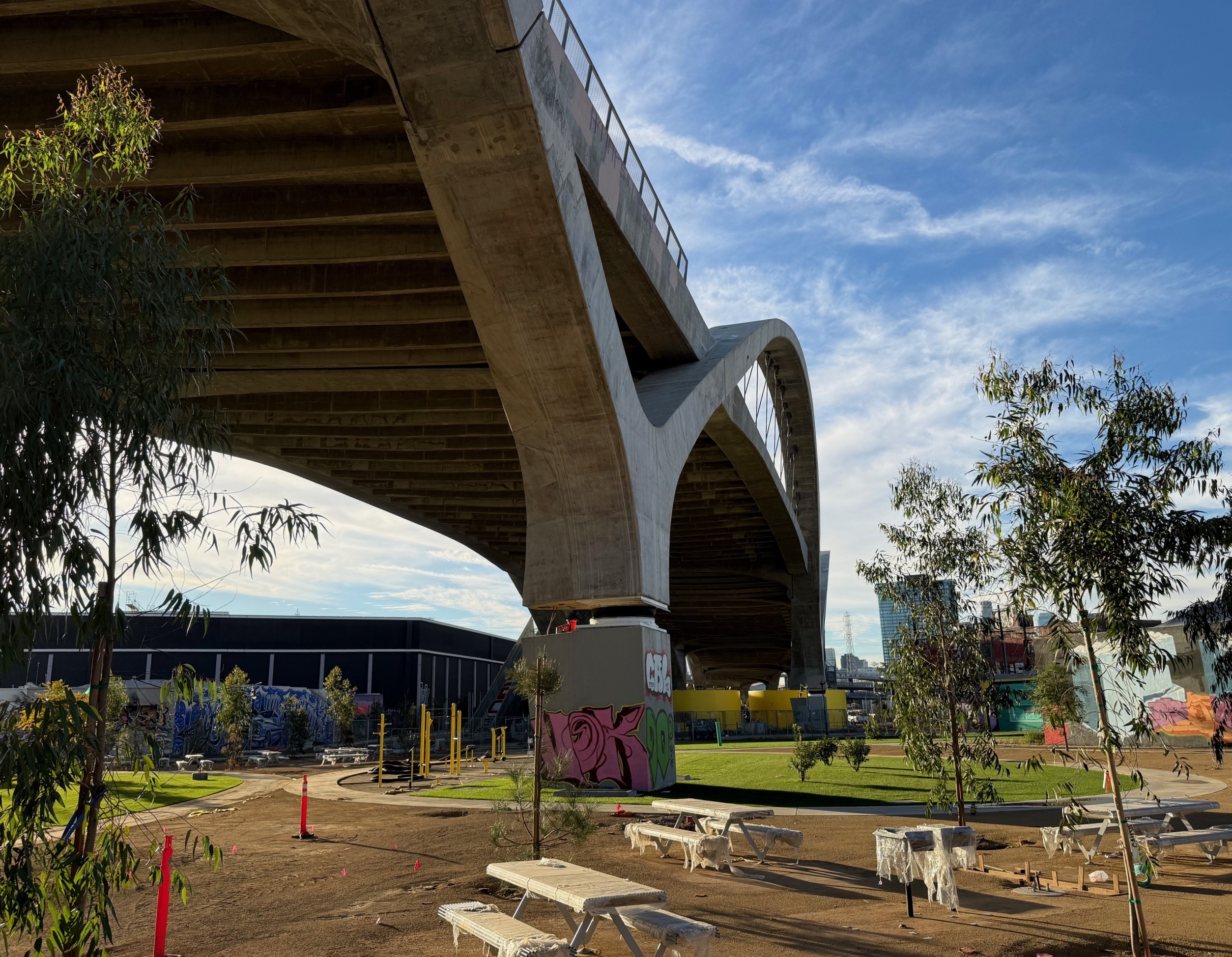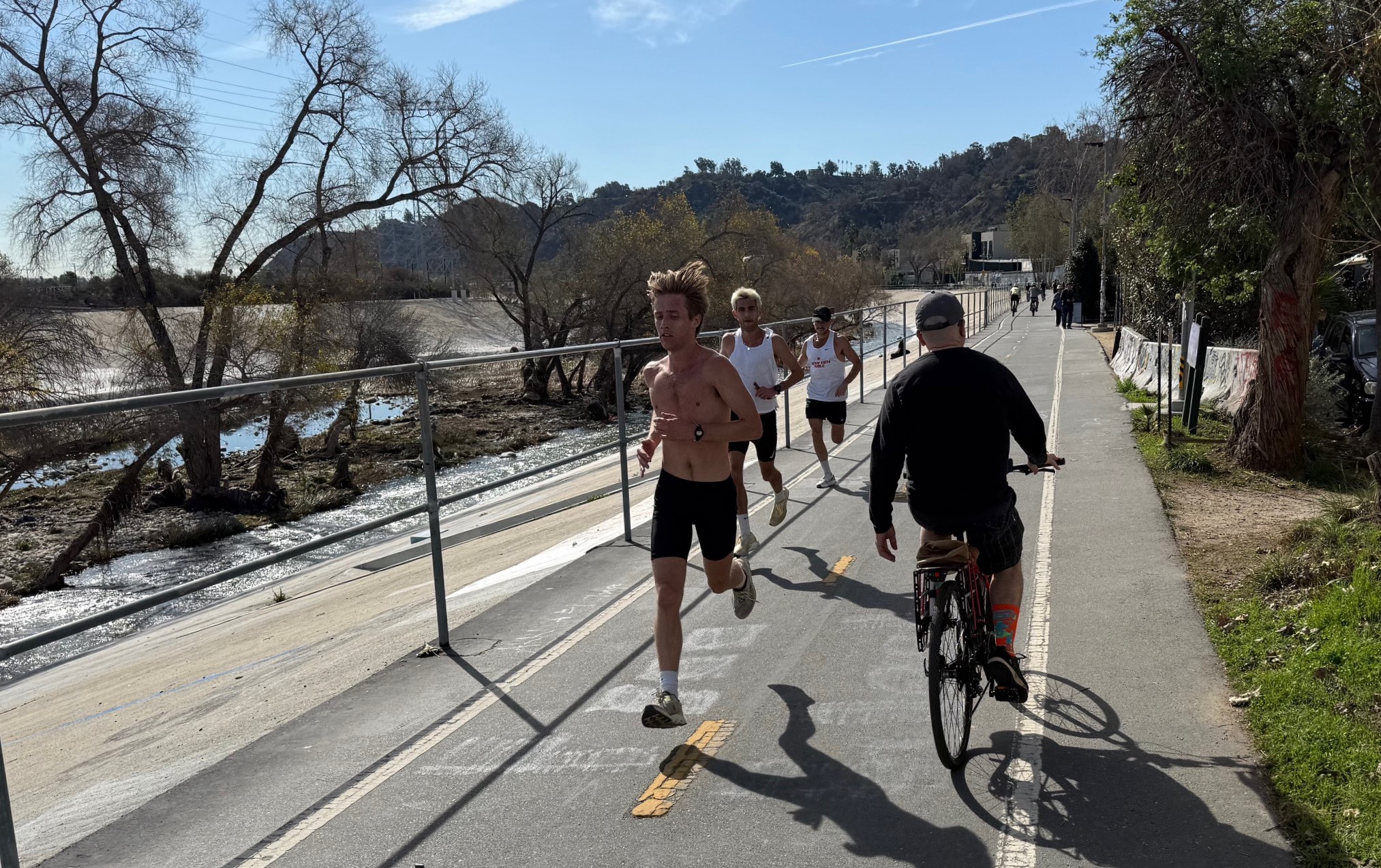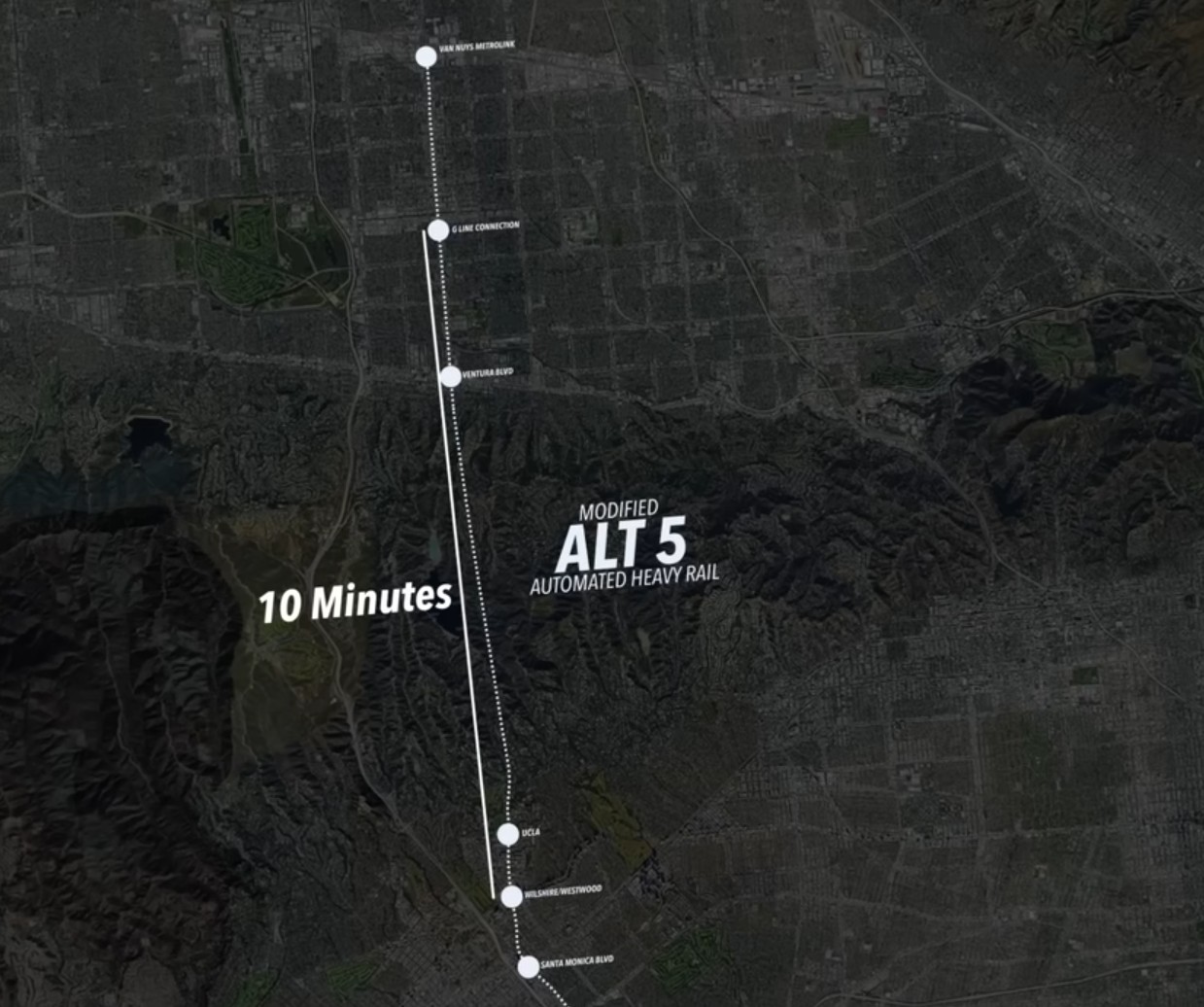This Wednesday, the Los Angeles City Council Transportation Committee will consider an ordinance that would create a permitting system that would allow people to park in front of the driveways of the dwelling they lease or own. The California Vehicle Code (CVC) allows municipalities to create such a program, but none of the other major cities in California have yet to try such a program.
On one hand, I understand where the Councilmen who asked the City to report on this issue are coming from. I have a friend who has worked tirelessly to make the city safer for pedestrians who also sometimes allows guests to park on the street in front of the garage. I also used to have neighbors who literally parked their car in front of their driveway everyday. In fact, I was surprised to hear that it wasn't already legal considering how heavily other parking laws were enforced in the Fairfax area at the same time my then-neighbors broke the law with impunity.
Even UCLA Professor Donald Shoup, probably the top critic of free-parking in the world, offered that Manhattan Beach already has a "park in front of your own driveway" program and there haven't been any major difficulties reported.
On the other hand, there are drawbacks to such a program beyond creating a permit program that isn't a nightmare for parking enforcement officers who will have to deal with not just block-by-block parking permits, but also house-by-house ones.
On blocks where many permits are allowed, it will create a very inhospitable environment for pedestrians. For starters, it will look foreboding, a row of cars running uninterrupted up and down the street at certain times of the day. But more importantly, every car parked in front of a driveway eliminates a mid-block crossing. Thus, a system of creating more space for cars to park could also impair the pedestrian environment. The problem created would make life hardest for the elderly or disabled, and could be fatal for young children who's line of sight could be impaired.
A second issue? While the community as a whole won't see a payoff for allowing someone to rent public space. The CVC doesn't allow municipalities to charge more than the cost of the program for the permits, in other words there is no way for the city to recoup the loss of the public space, just the cost of paying the staff who allow the rental of the public space. Yes, the asphalt in front of someone's driveway is publicly owned. One would hope that such a program could create a small fund for streetscape and other improvements to mitigate the impacts of increased car parking, both on that street and that it encourages more car ownership, but it doesn't appear that state law allows such a move.
The last problem is the most obvious, the program encourages more car usage by increasing the public space put aside for car parking. A lack of car parking in a residential area that has street parking and driveways is a sign that there are too many cars in that area. Rather than try to provide even more parking, with some drawbacks and no benefits to the community at-large, it would be better to try and think of ways to reduce the demand for car ownership in the area. Providing more parking seems like treating a symptom more than the problem.
